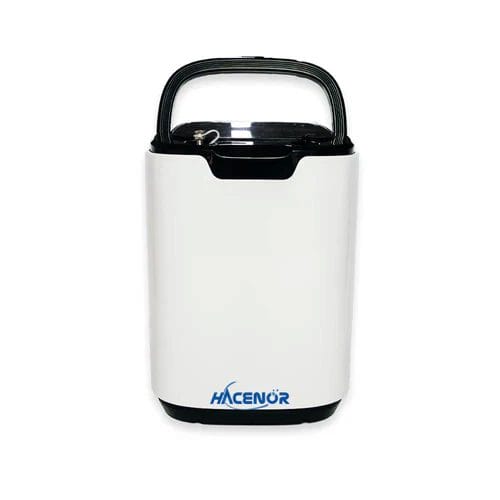[Last updated June 19, 2024]

As individuals age, many eventually require assistance with daily tasks and activities, whether due to physical limitations, cognitive decline, or other health-related issues. When that day arrives, seniors and their families must make tough decisions about where and how that care will be provided. While some older adults may consider moving into a nursing home or assisted living facility, professional home care is another senior care option. It allows them to receive personalized care and support while continuing to live in the comfortable surroundings of their private residence. Read on to discover more about home care and why it might be the best senior care option for you or an aging loved one.
The role of professional home care
Home care, or in-home care, is a form of professional senior care that caters to each individual’s unique nonmedical needs and preferences. In-home caregivers provide support with activities of daily living (ADLs), such as bathing, dressing, and ambulation, and instrumental activities of daily living (IADLs), like meal planning and housekeeping. The overall goal of home care is to empower seniors by allowing them to remain in their homes while receiving the assistance they need to maintain their independence, dignity, safety, and quality of life.
Unlike other forms of long-term senior care, such as nursing homes or assisted living facilities, in-home caregivers provide personalized care tailored to the individual’s specific needs and preferences, so they won’t be forced to move out of their home and away from their community.
The different types of home care services
Home care providers offer a wide range of nonmedical services to help seniors with ADLs and IADLs. Typical services include personal care, such as bathing and grooming assistance, companionship, homemaker services, and meal preparation.
Under the guidance of nurse supervisors, home health aides (HHAs) and certified nursing aides (CNAs) can provide hands-on assistance, ensuring seniors receive the help they need to stay safe and comfortable in their homes. In addition to tasks like bathing, grooming, and medication reminders, home care services may include light housekeeping, meal preparation, and transportation to and from appointments or social outings.
Furthermore, in-home caregivers provide companionship and emotional support, promoting social interaction while helping clients maintain their independence and quality of life.
What services are not typically provided?
While their services can be comprehensive and tailored to individual needs, there are some limitations to what home care agencies can provide. Home care providers do not typically offer services that require extensive medical training, such as wound care, physical therapy, and administering medications beyond providing verbal reminders.
Additionally, home care services do not include heavy housework or maintenance tasks that require specialized skills, tools, or training. As a result, it is essential to clarify which services a home care agency offers and consult with a health care provider for any medical needs beyond the scope of these nonmedical caregivers.
Who is the ideal candidate for home care services?
The ideal candidate for home care services is an aging-in-place senior who requires assistance with ADLs, such as bathing, dressing, and grooming, as well as instrumental ADLs, such as meal preparation and medication management. Seniors with physical or cognitive limitations that make it difficult to live independently can benefit from the personalized care and support provided by home care agencies.
How much does home care cost?
The cost of home care services can vary depending on the level of care required and the location of the senior’s home. The national median for home care services is over $30 per hour, with additional fees for specialized services or around-the-clock care. For example, home health aide services generally cost more than homemaker services. For these reasons, families must find ways to budget for the costs and explore payment options to ensure their loved one receives the care they need.
Home care payment options
Recipients have several ways to pay for home care services, including Medicaid, VA benefits, long-term care insurance, and out-of-pocket payments. While Medicare does not typically cover the cost of nonmedical home care, other financial assistance options are available for seniors who qualify.
Before making a final decision, families must research payment options and explore all available resources to ensure their aging loved ones receive the care they deserve without causing financial strain.
Home care for seniors aging in place
Home care is a viable senior care option for older adults who wish to age in place and maintain their self-reliance. It empowers them to receive the assistance they need to live comfortably and safely. Home care providers offer a comprehensive lineup of nonmedical services tailored to each client’s needs, including assistance with ADLs, medication reminders, homemaker services, companionship, and more.
However, because there are limitations to the services home care agencies provide, families must ask relevant questions and explore all available options to ensure their aging loved ones receive the nurturing they deserve. With various payment options available, including Medicaid, VA benefits, and long-term care insurance, families can find a solution that meets their loved one’s needs and budget, allowing them to live out their golden years with dignity and peace of mind.








